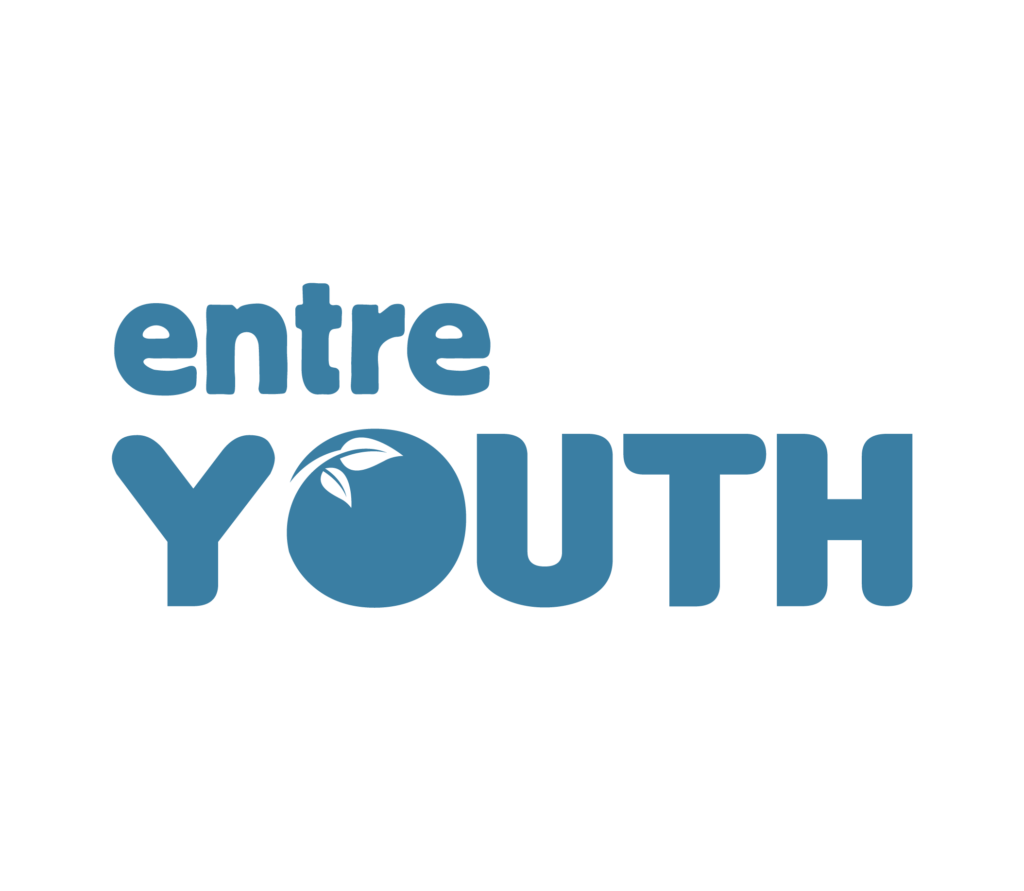![]()
As cities now house more than half of the world’s population, urbanization is one of the world’s most transformative developments. However, while rising urbanization has spurred inventive solutions in many sectors, food waste and nutrition are sometimes overlooked. The environmental consequences of today’s “take, make, waste” or “linear” economy are dramatic and extensive. It is a fact that the global food system contributes to around 70% of biodiversity loss and consumes 70% of available freshwater as well as it accounts for over 30% of global consumer energy demand and produces over 20% of global greenhouse gas emissions.
With two-thirds of the global population predicted to be living in cities by 2050 and consuming 80% of all food, urban areas will become mass producers of waste. Given that, transitioning from linear to circular systems and processes is crucial. The current food system cannot sustainably meet the growing food demand of cities which results in significant environmental impacts and social inequity in terms of access to balanced and affordable nutritious food.
As hunger and nutrition are inextricably linked to access and equity, our food system’s difficulties cannot be addressed without inclusion. Concerns about urban sustainability, circularity, and inclusivity, particularly in the context of food provision call for a substantial effort across sectors. As we discover that climate, health, and food are all interconnected, innovation is vital as we work towards a transformation of our food system. Cities hold a catalytic role in fostering healthy and inclusive food policies by adopting systems thinking, institutional innovation, and participatory approaches in order to fulfill the 2030 SDGs for a sustainable future for everyone. Also, stakeholders and entrepreneurs must play a central role in facilitating education about waste and developing solutions to both rural and urban waste.
Alternative food networks have long been considered as a strategy of democratizing the food chain to achieve social inclusion and food security for disadvantaged populations (i.e. migrants, and immigrants). These alternative food networks have a huge impact on their surrounding communities by supplying them with food, jobs, and resources.
A considerable number of initiatives, pieces of training, and projects are currently oriented on the concept of educating citizens about sustainable food consumption, food waste disposal, recycling, and reusing. However, there is a glaring gap between the availability of qualified young workers and the supply of training to empower youth with entrepreneurial skills in underserved “alternative food networks” (informal networks of food provisioning and redistribution especially among local & vulnerable groups).
Given that, entreYOUTH is an impactful EU project focusing on educating the most vital part of our societies: the youth. Under the partnership of the University of Almeria, YET, Helixconnect Europe, Federacion Interdiocesana Andaluza del MSC, Ítaca, and C.I.P. (Citizens In Power) the Erasmus+ project aims to create a multinational non-formal education entrepreneurial youth worker training program on Sustainable and Circular Urban Food Enterprising to help youth discover how circular business models can transform urban food systems to tackle grand challenges through innovative solutions.
The project’s scope is defined by a series of comprehensive activities that will conclude in four primary outcomes. First, the project will include a digital education curriculum on sustainable and circular urban food entrepreneurship based on four competence units at EQF level 5 (equivalent to non-formal education) that youth workers will be able to use to train youth. Second, a digital train the trainers toolbox (based on the ETS, EntreComp, and DigComp frameworks) will be provided to help youth workers enhance the quality and efficacy of their teaching with behavioural methods towards consumption & lifestyles in order to infuse behavioural change in youth’s understanding of food consumption and waste. Furthermore, entreYOUTH will develop a digital open community food sharing platform for youth and society to use to offer alternative food networks, which will also be functioning as an open market for social entrepreneurs. In addition, a series of digital community training events (that youth workers will utilise to pilot all four Results) will be hosted based on UNICEF’s youth entrepreneurial training model – UPSHIFT. Lastly, in terms of exploitation startegy to build awareness of civic engagement, social innovation and community development, 4 multiplier events will be organized in Romania, Greece, Cyprus and Spain and three community training events in Spain, Cyprus and Greece.
Overall, entreYOUTH will train 150 youth from which 100 will apply for YOUTHPASS certificates, 75 will come from groups at risk, and 30% will be interested in further youth studies, and will directly involve 50 youth workers in the activities from which at least 10 will have EntreComp certification. In addition, the outcomes of entreYOUTH will be distributed to at least 300 adolescents and youth workers from outside the initiative. In addition, investors will engage in early stage coaching/mentoring of at least three innovative ideas from youth. At least 600 community actors (small business owners, community members, NGOs, startup incubators, SMEs and community-oriented market actors, policymakers, various types of education providers, and trainees) will be involved in the online platform and at least 50 additional types of training institutions (other than youth) will utilize entreYOUTH’s products. Lastly, at least 300 people will attend the four multiplier events, with a total of 10,000 persons reached throughout the dissemination activities.
Join our efforts and let’s all cooperate for a sustainable, and inclusive future for everyone.
#entreYOUTH #sustainability # #CircularEconomy #inclusion #AFN’s #SocialEntrepreneurship #UrbanFoodEnterprising #YouthWork




